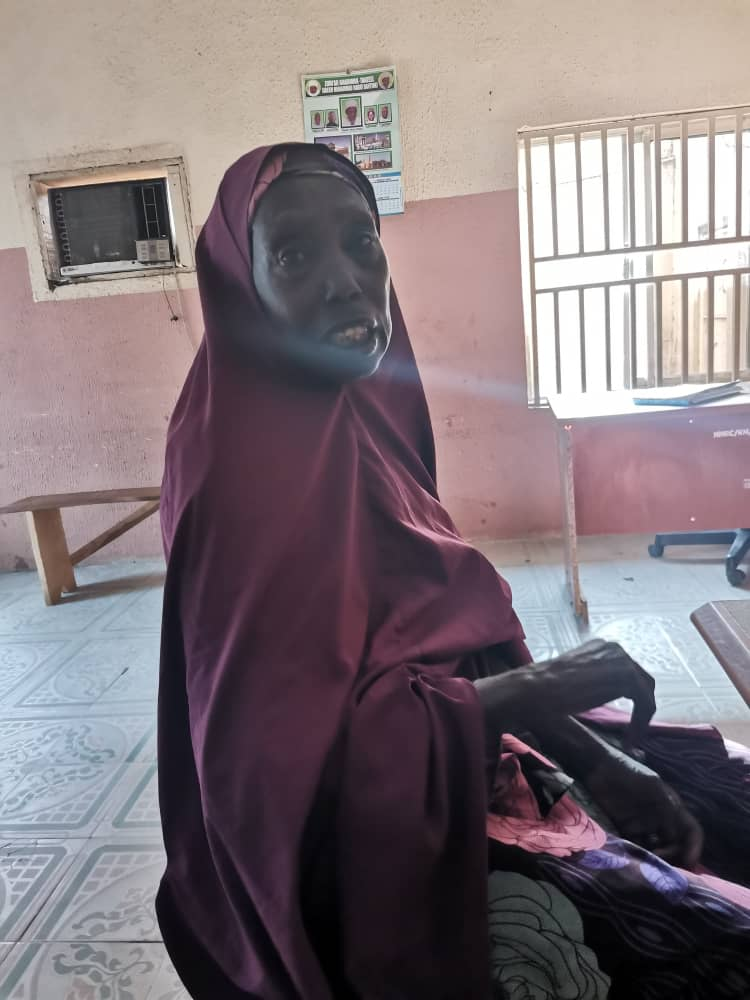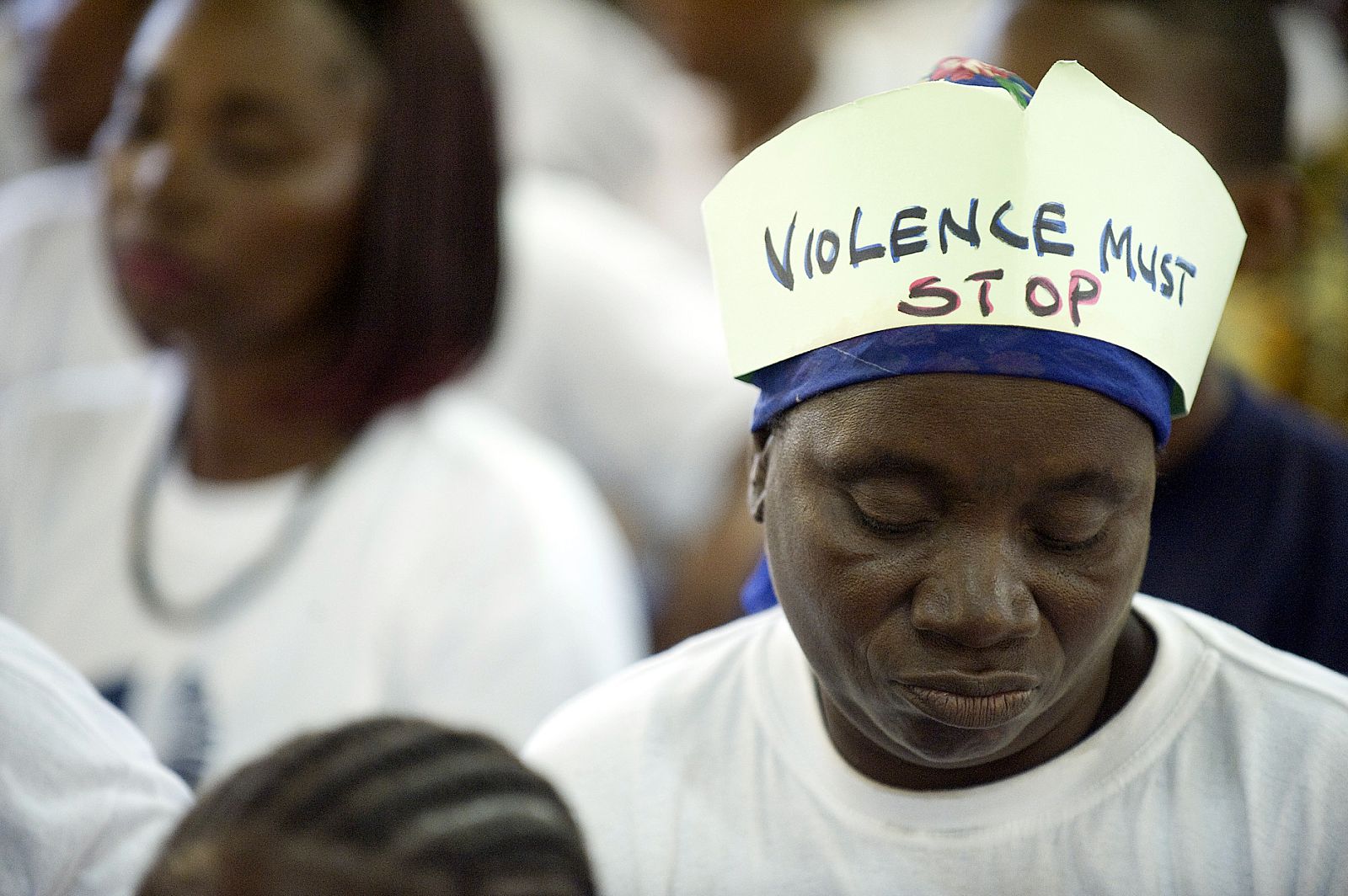The Advocacy for Alleged Witches welcomes the sentencing of five men for murdering an alleged witch, Ms Abubakar, in Kano in 2023. The five men were sentenced to death. Although the Advocacy for Alleged Witches does not support the death penalty the conviction of these men is a significant development in the fight against abuses linked to witchcraft beliefs and ritual attacks in the country.
According to the report, the wife of one of those sentenced, Yahaya, was ill and accused Ms Abubakar of appearing in her dream, and of pursuing her holding a knife. Yahaya led a mob that confronted Ms Abubakar while she was on the farm. The mob beat and stabbed her to death.
As in many cases of witch persecution and murder, this tragic incident took place in a rural community. And in rural areas, witch murderers often get away with their crimes. But in this case, they did not. Kano state authorities must be commended for ensuring that justice is done. But we must redouble efforts and ensure that people are accused.
Meanwhile, the Advocacy for Alleged Witches contacted the office of the National Human Rights Commission, NHRC, in Kano and the state coordinator confirmed the story.
AfAW and the NHRC office are trying to reach the family of the victim to provide some psycho-social support. AfAW reiterates that dreams are not evidence of witchcraft as popularly believed. People seen in dreams are not witches or those who try to bewitch someone.
Pastors and prophets, marabous and diviners peddle these misconceptions about dreams. They spread misinformation and disinformation about the causes of sickness, death, and other misfortunes. Religious leaders who propagate superstitious fears and anxieties, lies and falsehoods are charlatans. They aid and abet these heinous crimes and should be held responsible and made accountable.

In a related development, the NHRC office in Kano has drawn attention to the case of a 73-year-old woman, Hadiza. She is from Gidan Yaya Mai Daddawa, Bakin Hurumi, Bichi LGA, in Kano. Her cousin, Ma’u, and the village head of Tofawa accused her of being a witch and causing bad luck and sickness in the community.
In her statement to the commission, Hadiza denied the allegations, she claimed that they denied her inheritance including her hard-earned money. Family and community members defamed her. They did not give her access to the family land located at Gidan Yaya Mai Daddawa, Bakin Hurumi.
She also alleged that she often deposits the sum of N6,000 on a weekly basis to Ma’u as savings for three (3) months which amounts to the sum of N72,000. She further alleged that Ma’u collected three (3) measures of cassava from her but paid N4,000 only. AfAW is in touch with Hadiza through the office of the National Human Rights Commission in Kano.
AfAW has sent Hadiza a hundred thousand (100,000) naira to help her start a business while efforts will be made to reconcile her with her relatives. AfAW believes that female education and empowerment are critical to ending witchcraft accusations and witch persecution.
AfAW is working with the Kano office of the NHRC to organize a public education program to sensitize, raise awareness, and help reorient minds. Witch hunting is motivated by fear and ignorance of the causes of diseases and other misfortunes.
Witchcraft accusers need education and enlightenment. Witch-hunting is a form of gender-based violence. As the cases from Kano have illustrated, victims are predominantly women. AfAW will work with the NHRC office to combat this violence nationwide.
Leo Igwe directs the Advocacy for Alleged Witches. He can be reached by email HERE.
The opinions expressed in this article are solely those of the author.







